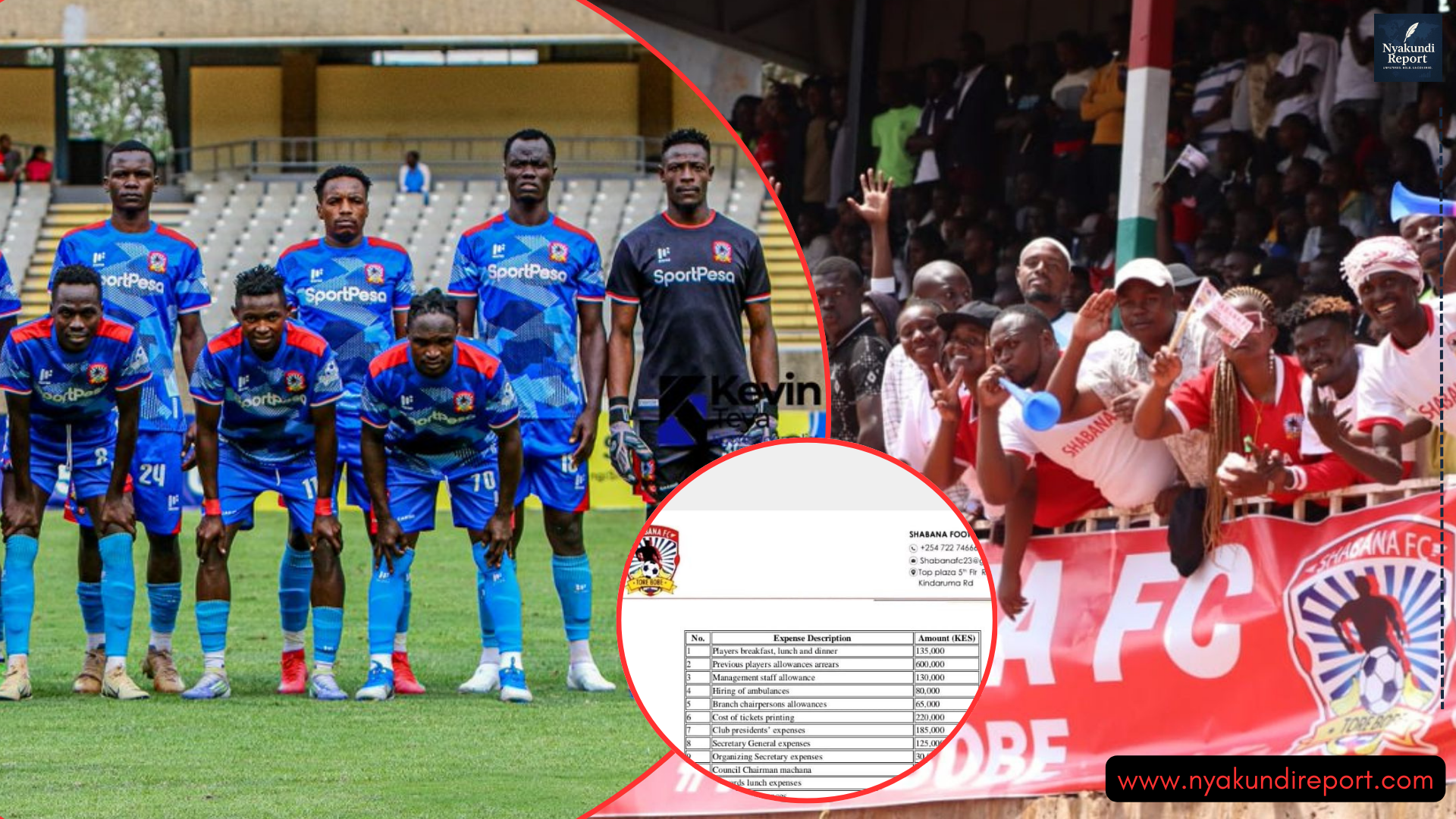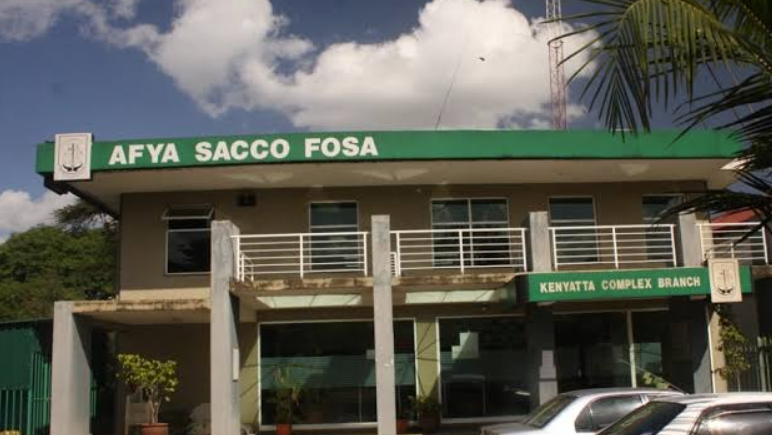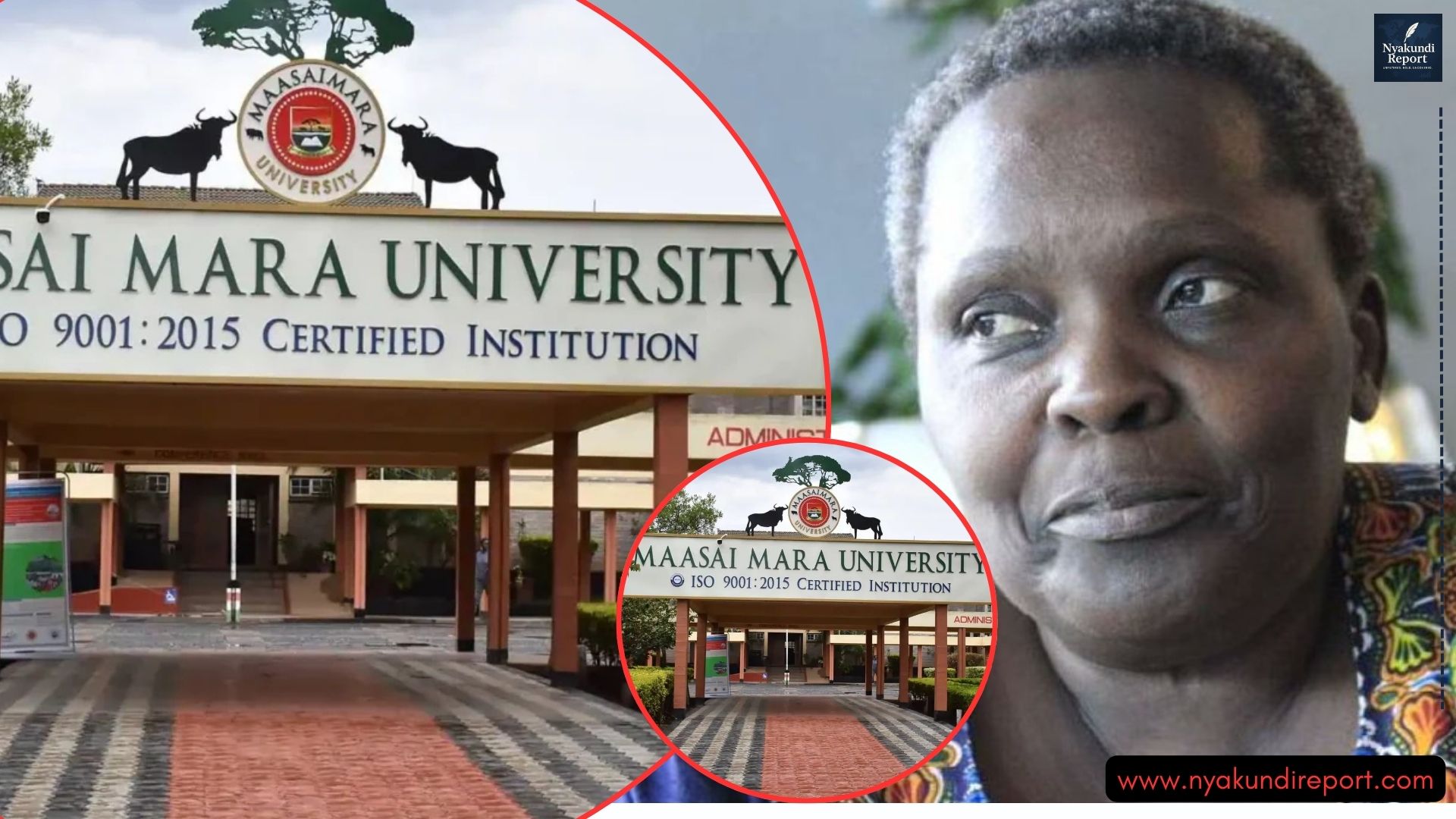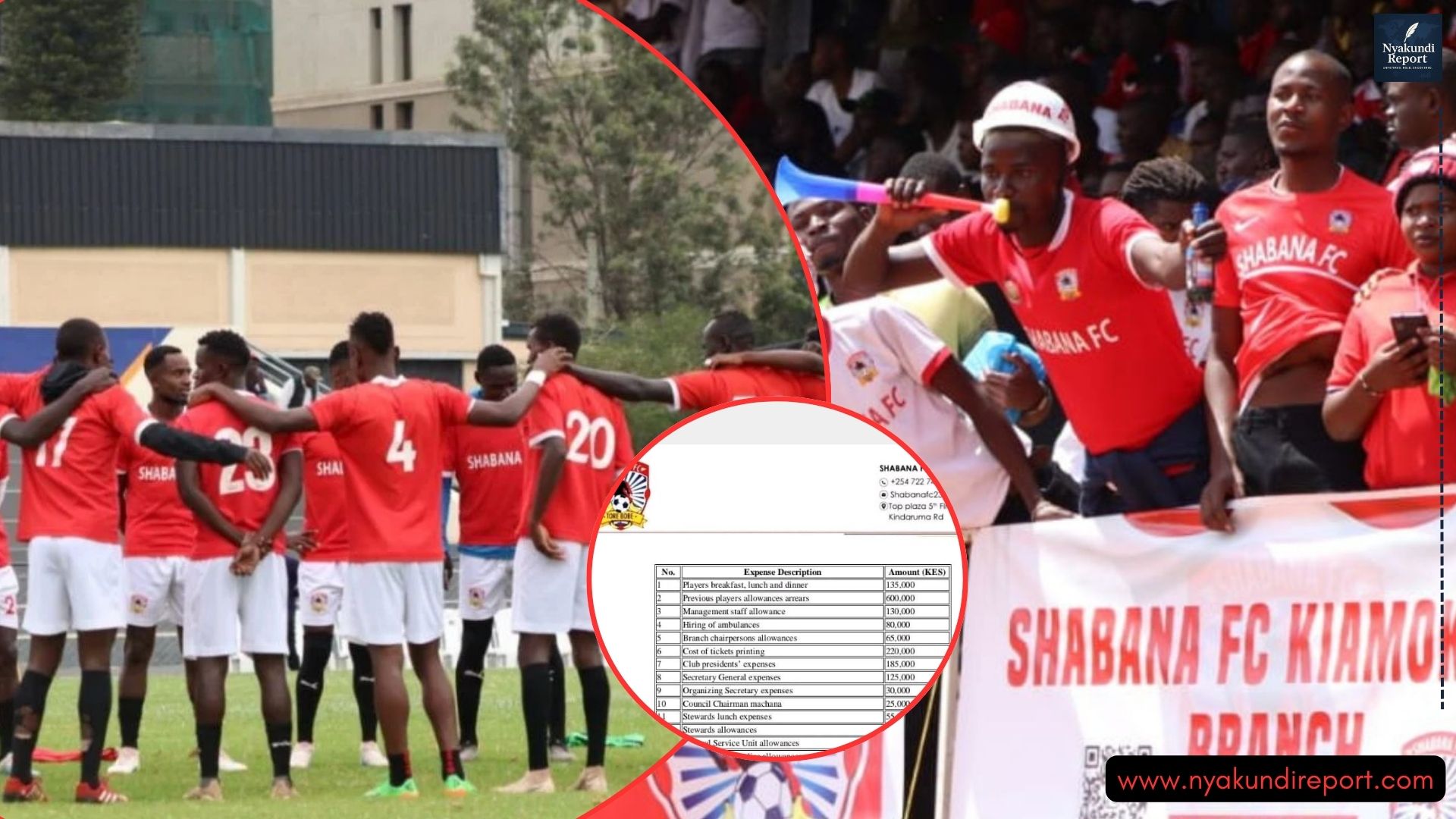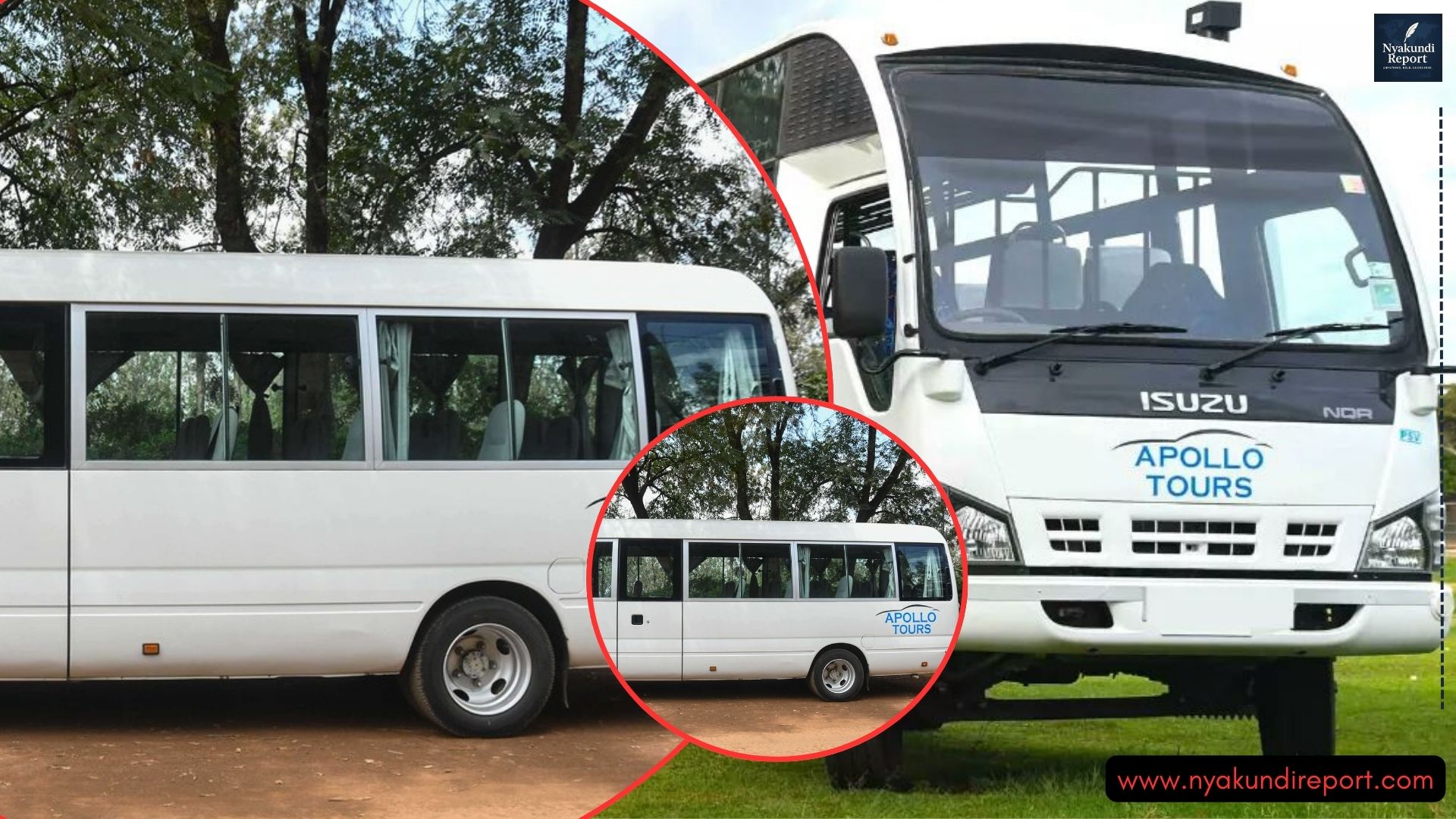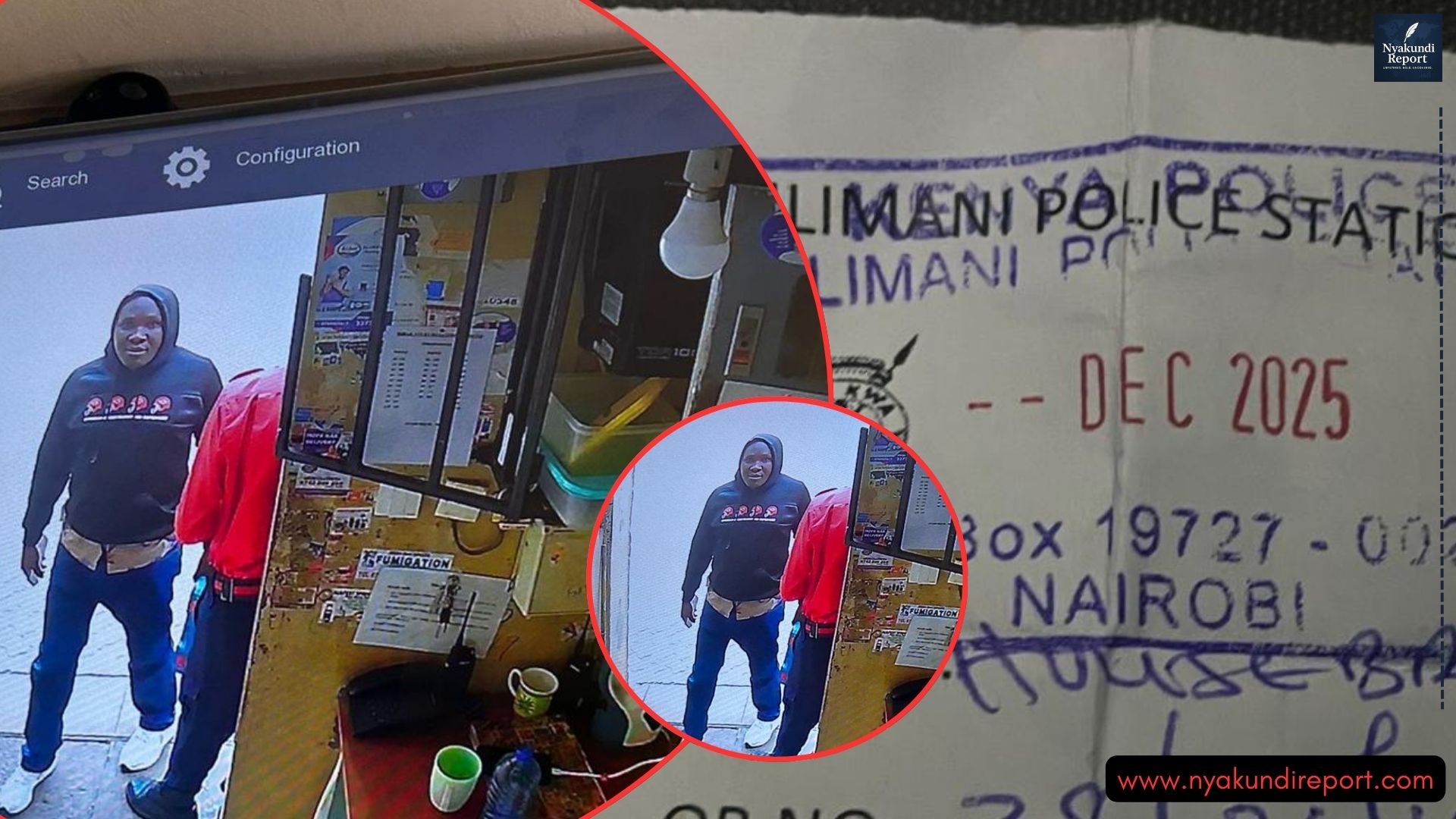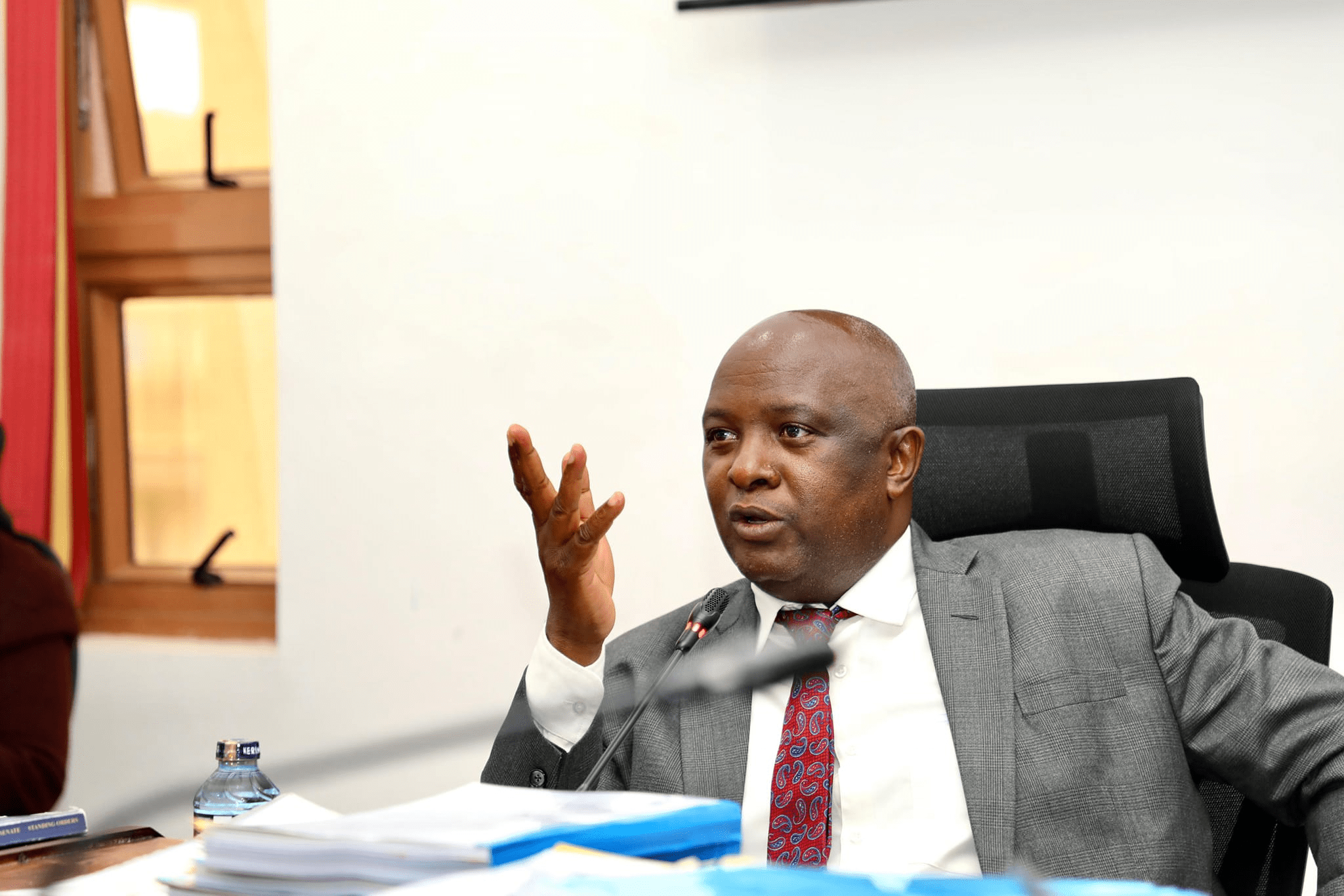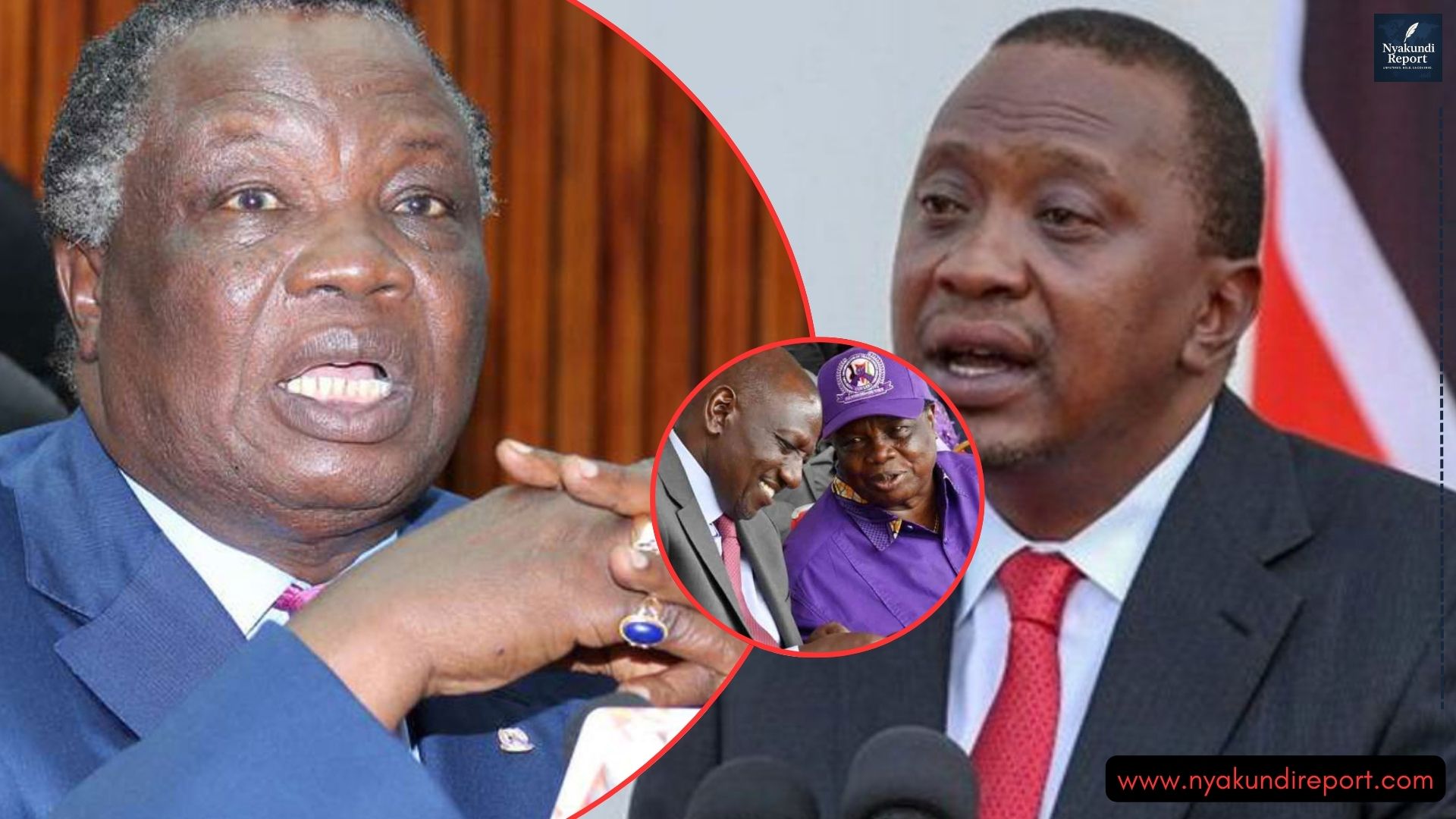Tension is building in Kenya’s aviation sector. Despite public assurances from the Kenya Civil Aviation Authority (KCAA) that all is well, reality on the ground paints a different picture. Workers at Jomo Kenyatta International Airport (JKIA) and Wilson Airport accuse management of ignoring their grievances.
Their frustrations range from unpaid overtime to stalled promotions and a lack of permanent contracts. With the Kenya Aviation Workers Union (KAWU) warning of an impending strike, passengers are left wondering whether services are already slowing down.
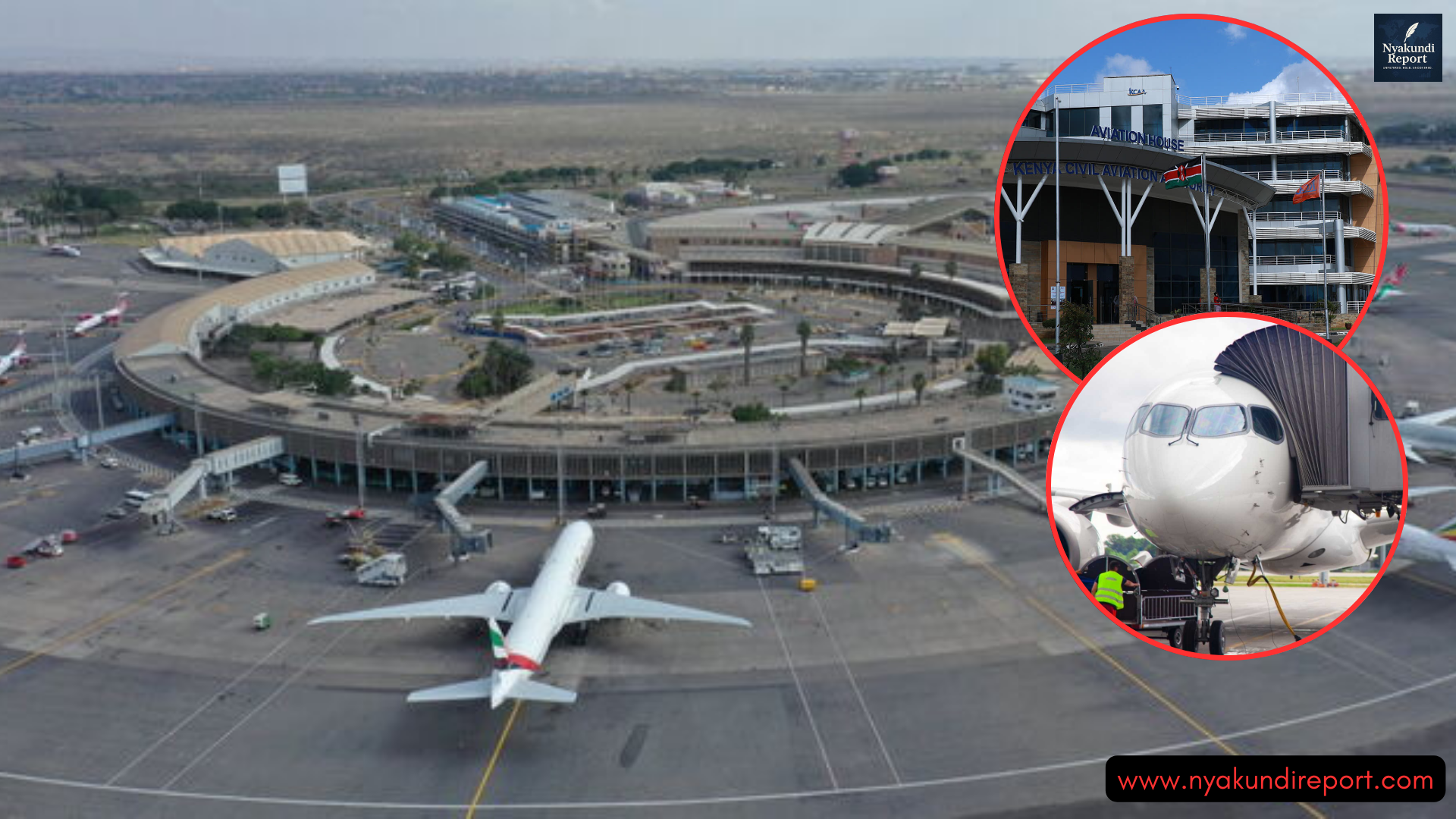
How the Looming KCAA Workers’ Strike Could Paralyze Aviation
Kenya’s airports are facing an unprecedented challenge. While KCAA insists that operations are smooth, signs of disruption are already emerging. Long queues, slower check-ins, and delayed flights have raised eyebrows among frequent travelers.
The union has declared that unless grievances are addressed by September 30, workers will down their tools. This date now looms large over the government, airlines, and passengers who rely on efficient services.
KAWU’s list of complaints highlights deep structural issues. Over 500 employees are still on fixed-term contracts despite years of service. Many promoted staff have yet to receive formal appointments. At Wilson Airport, employees have not been paid overtime for more than six months, sparking widespread anger.
Behind the scenes, whispers suggest that some staff have already gone slow, quietly protesting by reducing their output. If true, the official strike may simply formalize what passengers are already experiencing.
Unpaid Overtime and Broken Promises
Workers at Wilson Airport say they are demoralized. For months, they have worked extra hours without pay. This overtime debt has fueled resentment, with many accusing KCAA of deliberately ignoring their plight.
The union’s letters and appeals have reportedly gone unanswered. Instead, management maintains a public image of order and compliance with international aviation standards. Employees argue this is a cover-up, designed to reassure the public while ignoring the suffering of frontline staff.
Contract Workers Left in Limbo
One of the sharpest disputes revolves around contract staff. More than 500 airport employees remain stuck on short-term contracts, some for years. This denies them benefits, job security, and pensions.
KAWU insists that these workers have proven their competence and dedication. Yet KCAA has refused to confirm them on permanent and pensionable terms. The union calls this exploitation and vows that workers will not accept it any longer.
With job insecurity hanging over them, many staff feel their only weapon is industrial action. For passengers, this means possible cancellations, delays, and confusion at major airports.
A Struggle Between Assurances and Reality
KCAA’s Director General, Emile Arao, has been quick to reassure Kenyans that services are safe and uninterrupted. He stresses that statutory functions under the Civil Aviation Act remain intact. The Authority also promises to keep Kenya’s airspace safe, secure, and compliant with international standards.
But insiders claim this is half the story. Workers whisper that morale is at rock bottom. Rumors of a silent go slow are difficult to dismiss, with reports of longer waiting times and slower ground operations.
Passengers, airlines, and cargo operators may soon bear the brunt of these hidden struggles. If the strike begins on September 30, Kenya’s aviation sector could grind to a halt.
Final Word
The Kenya Civil Aviation Authority insists all is well. But growing anger among workers tells a different story. With unpaid overtime, contract exploitation, and ignored promotions, employees feel cornered.
The question now is not whether KCAA workers strike will happen, but how long authorities can delay the inevitable. Unless urgent action is taken, the nation’s airports risk being crippled at a time when Kenya cannot afford aviation instability.

